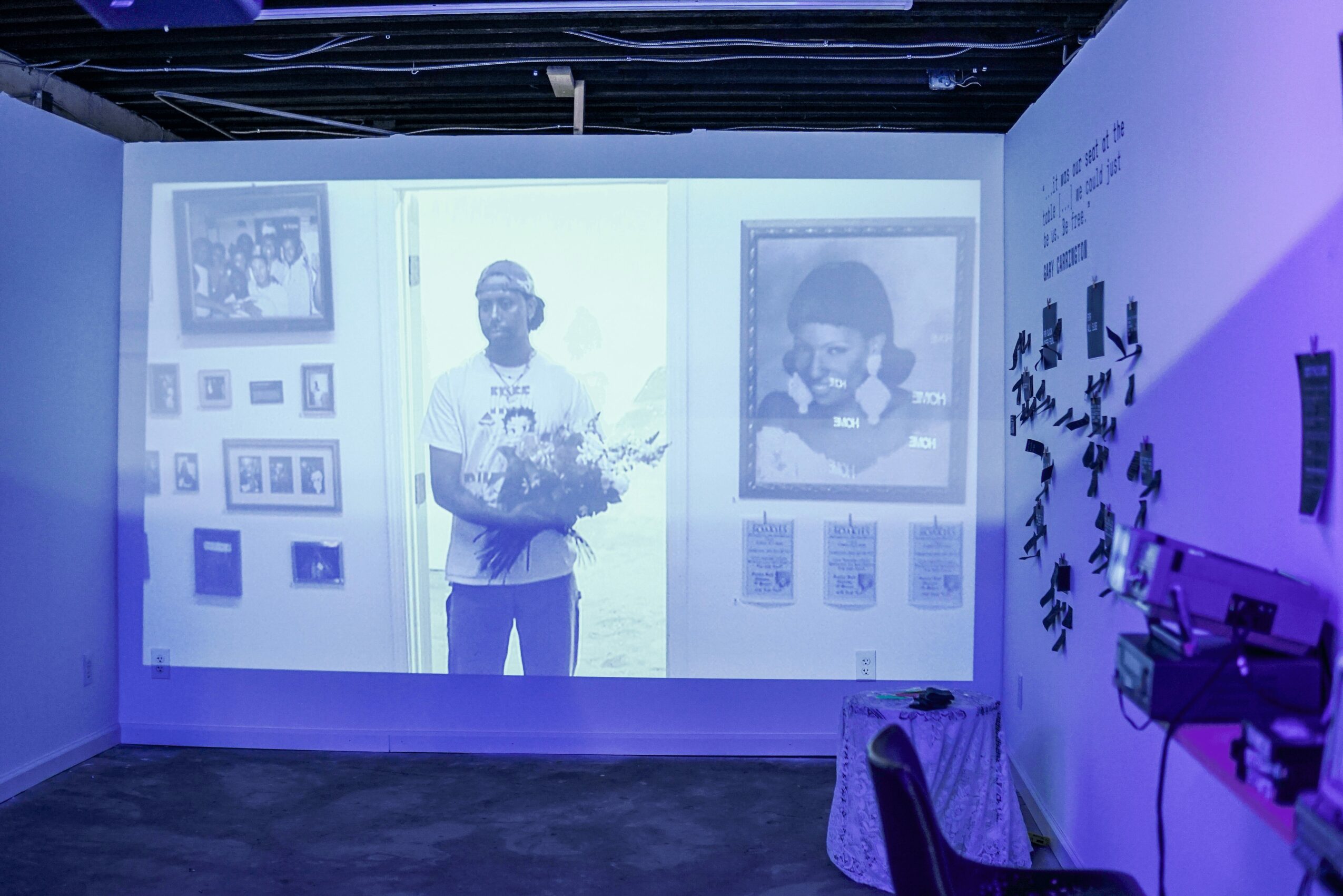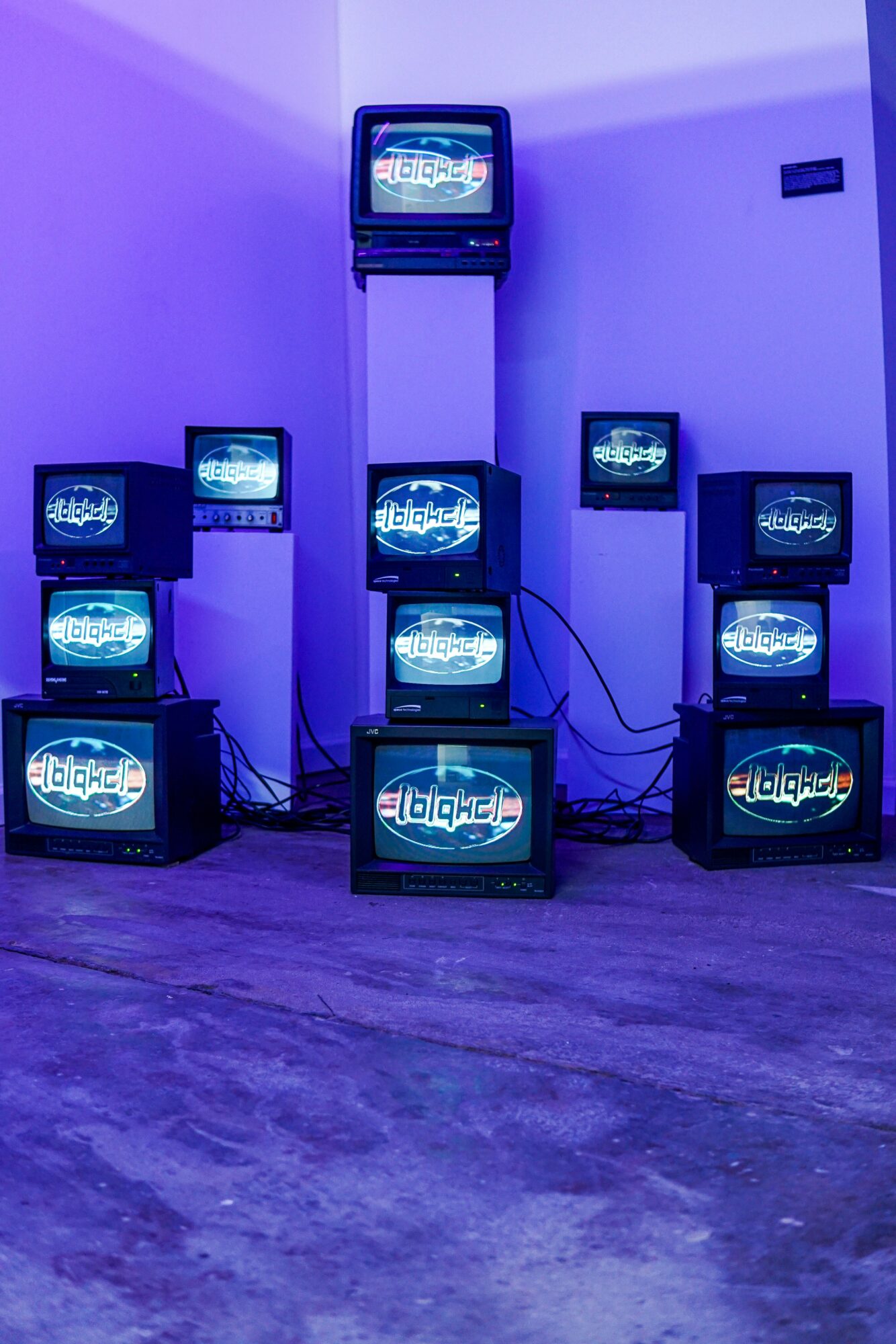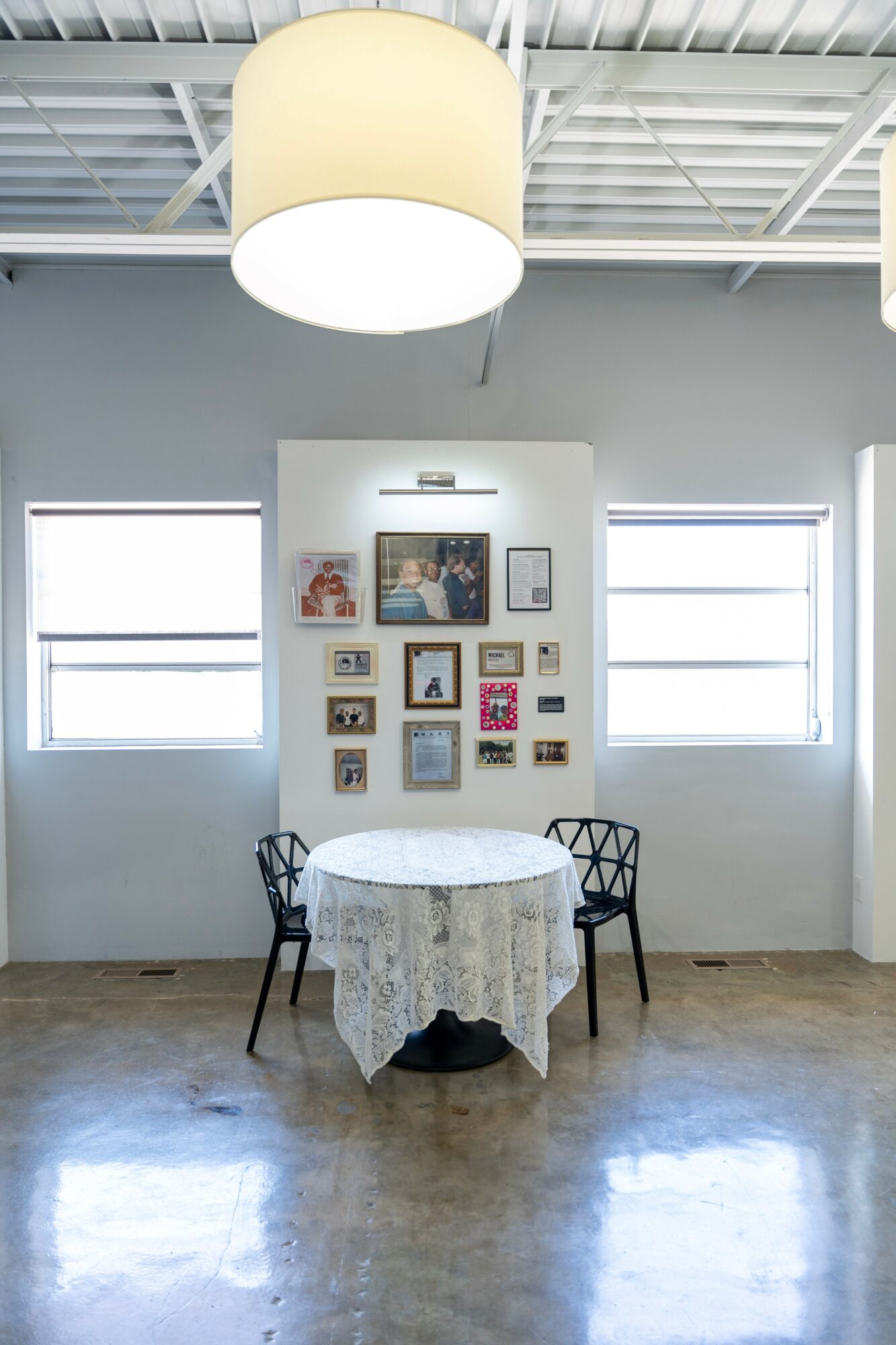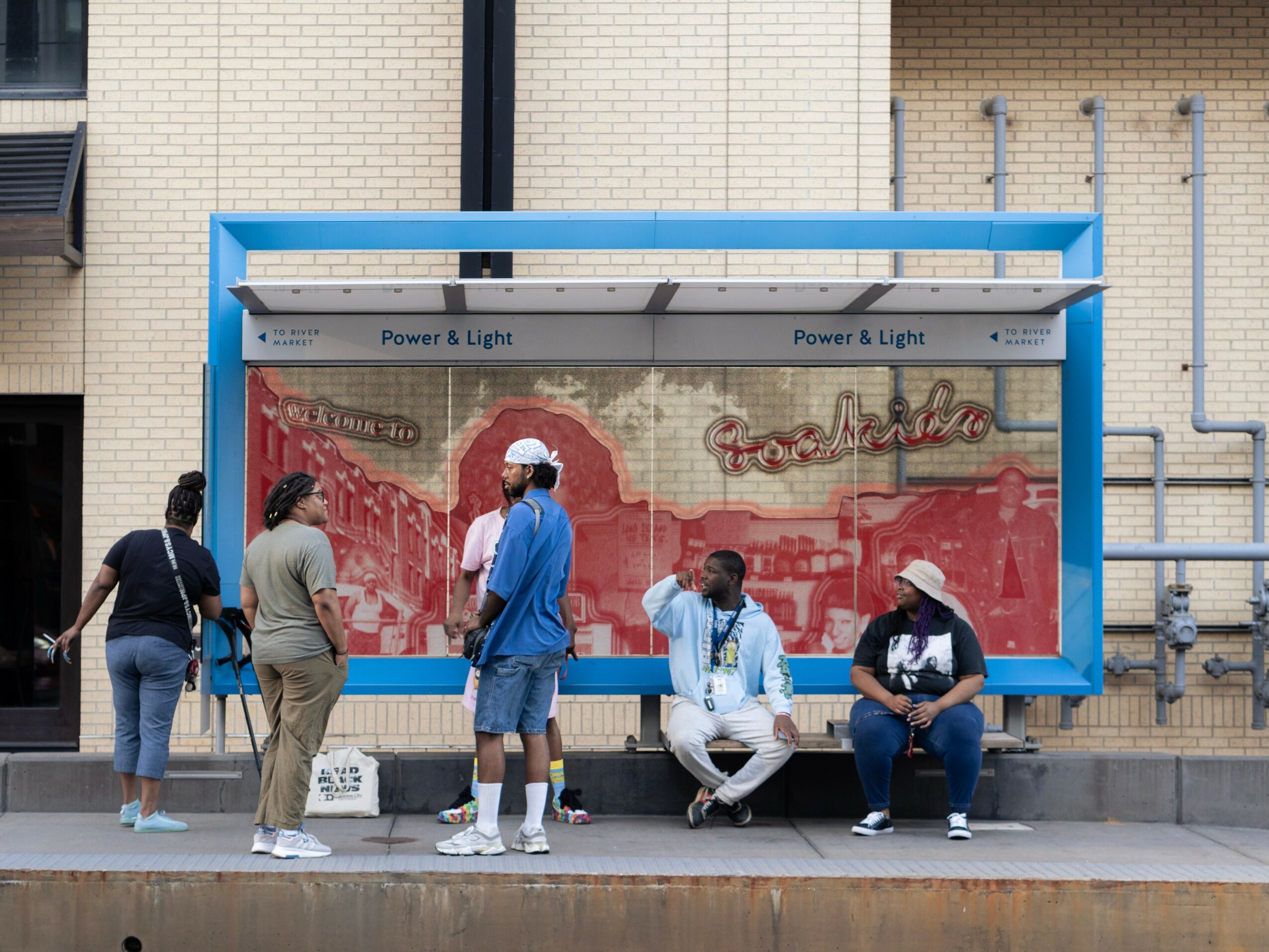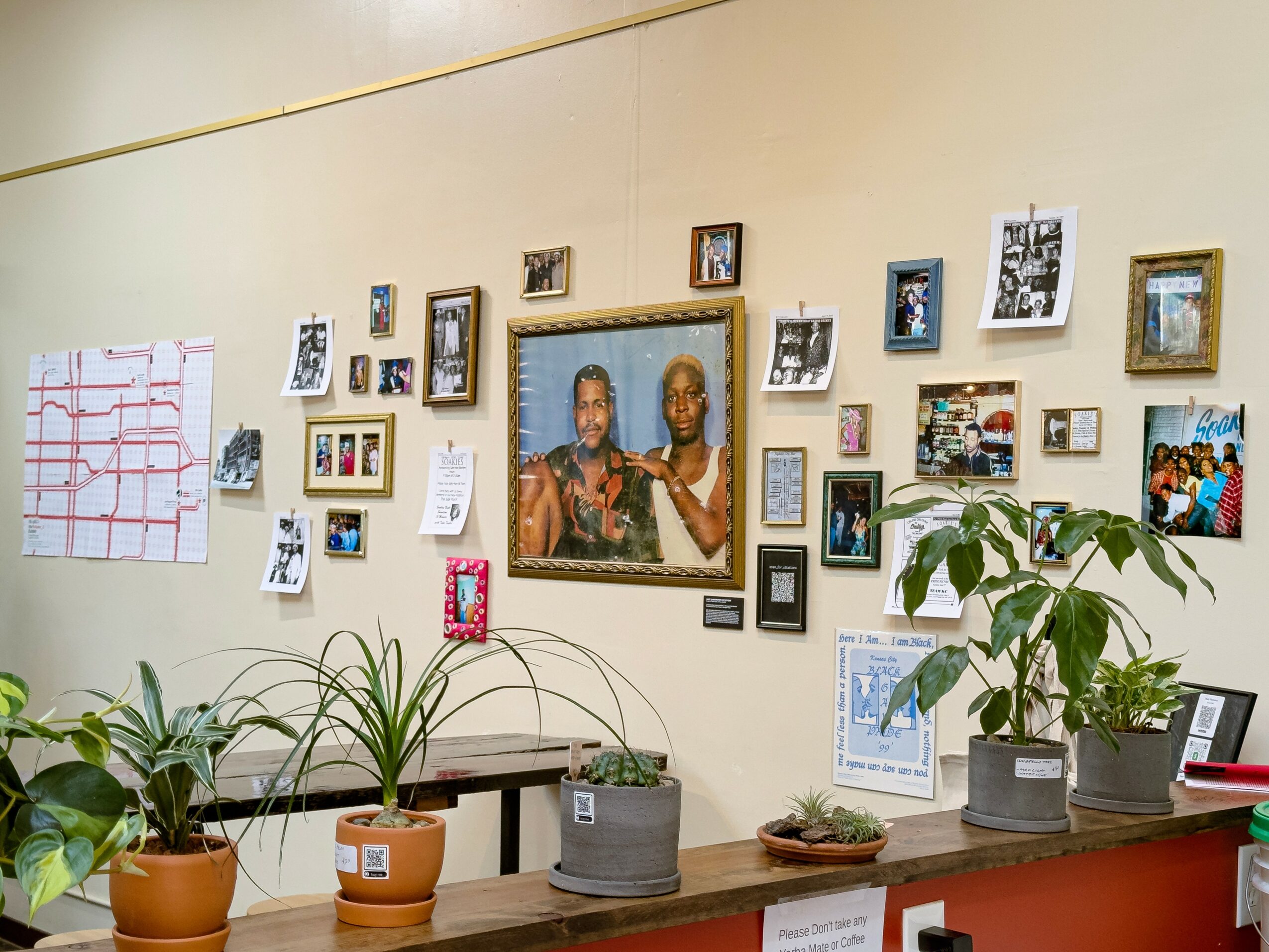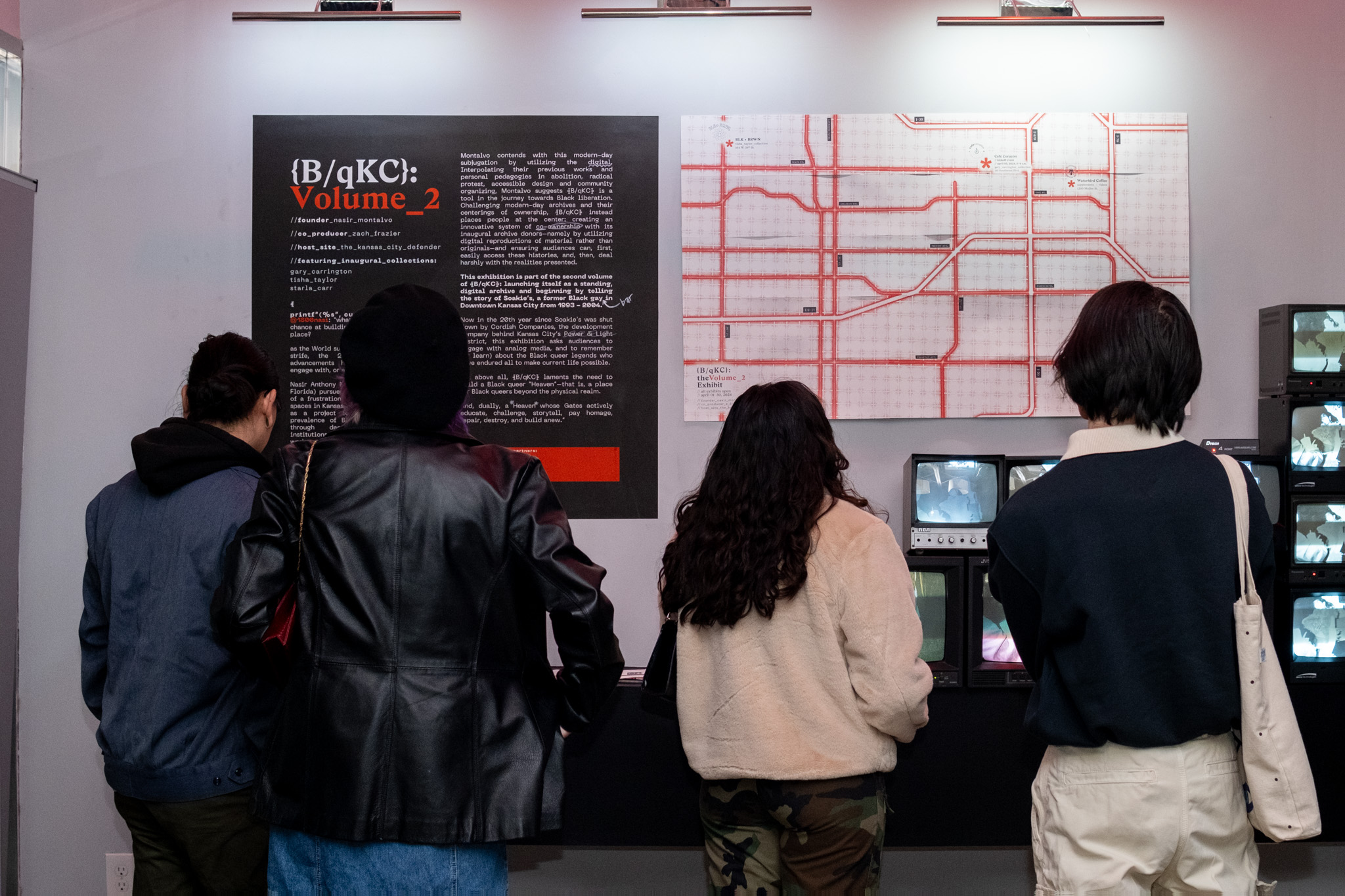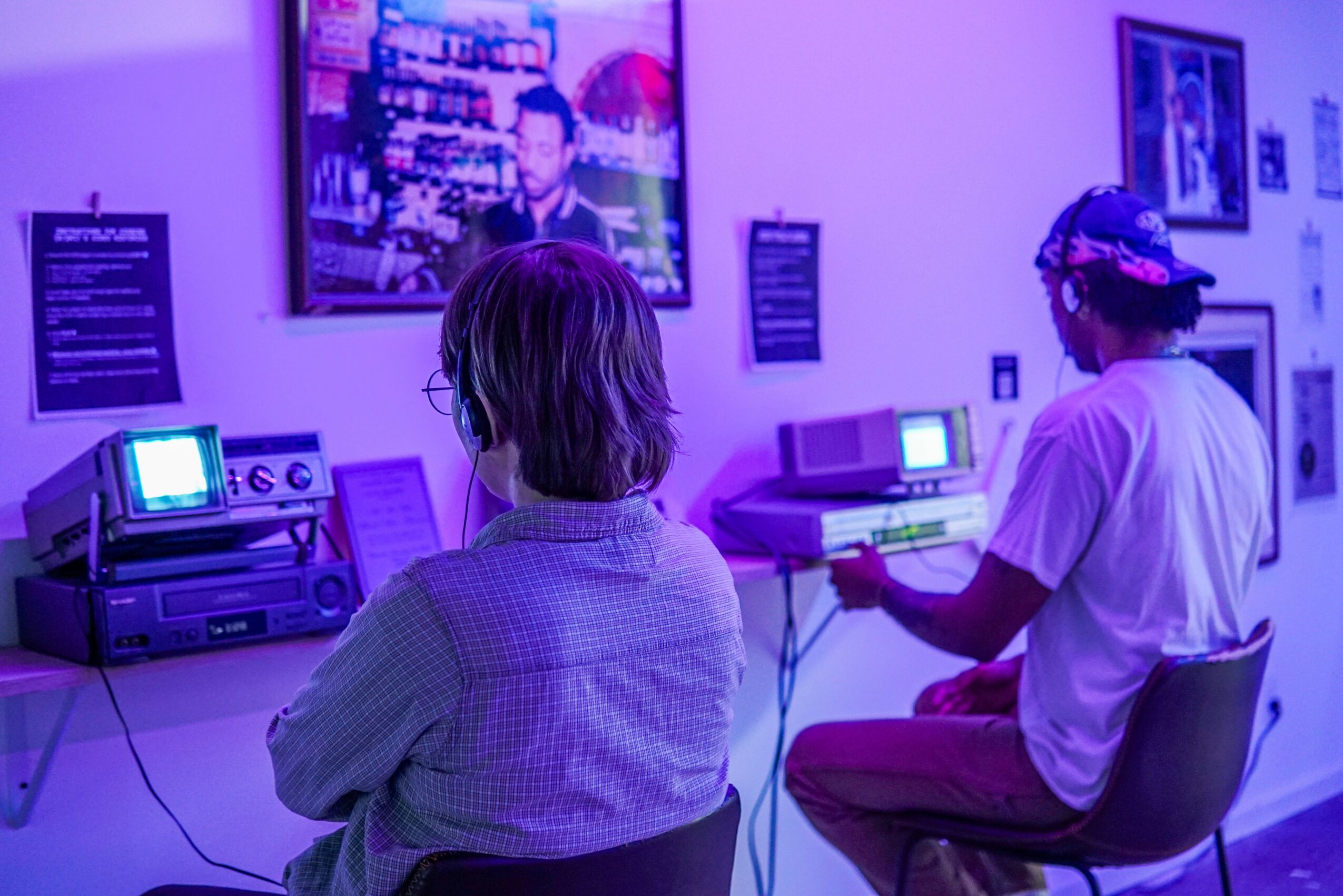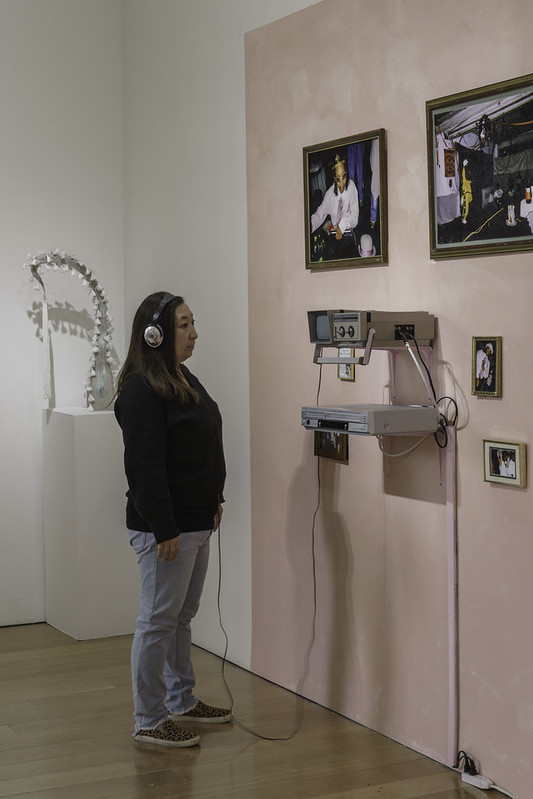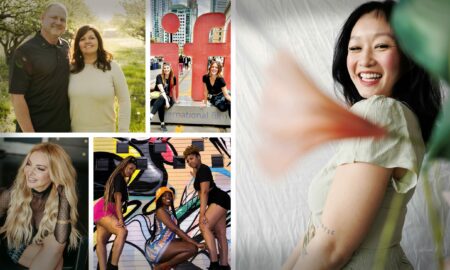

Today we’d like to introduce you to Nasir Montalvo.
Hi Nasir, it’s an honor to have you on the platform. Thanks for taking the time to share your story with us – to start maybe you can share some of your backstory with our readers?
I was born in Kissimmee, Florida at 10:31pm on August, 23 1999; a Virgo through-and-through. I was raised primarily by my single mother growing up––who was originally born in Brooklyn, New York. My family’s roots are in Guayama and Santurce, Puerto Rico, where my great grandparents are from (who also had a large hand in raising me).
I would never have been able to tell you I’d be a writer or archivist back in my childhood. Others around me back then could tell you I was pretty smart; I was always placed in honors classes and graduated through my high school’s International Baccalaureate program. But nothing in school really ever excited me or piqued my interest–nothing truly felt like a future I could one day call my own, or at least seem foreseeable.
This all began shifting when I came out as gay my junior year of high school. I had taken control of a narrative that others had used to hurt me purely based on how I walked and talked, sans what it meant to love. Knowing how liberating it felt to confront and embrace these parts of me, I decided that I would go to college far away from home to further explore myself.
It was in college where I devoted myself to grassroots organizing, and the other aspects of my creative practice would bloom and follow suit. These specifically came about when my great-grandmother passed in 2018, where I was shaken, both, because of my connection to her and because I did not know that much about her. Now, I run a community archive of Black queer history in Kansas City called {B/qKC}. Through {B/qKC}, I hope to challenge KC’s understanding of their historical record by actively educating on the contributions of our City’s under-documented, beautiful Black pageantry and ballroom legacy.
We all face challenges, but looking back would you describe it as a relatively smooth road?
So much of this work requires putting my identity and sacred parts of me on display, it seldom needs to be named that has been tough.
I think that has also required me to grow up very fast. I moved away from home, on my own, at only 17. And came to Kansas City and began this archiving project at 22. In some respects, I am grateful for my maturity and how much I’ve been able to contribute to the realm of memory work. But this maturity also comes with such a heavy level of responsibility and public perception in all facets of my life. I wish I had more time to be child-like, to play.
Can you tell our readers more about what you do and what you think sets you apart from others?
I am an essayist and “memory worker”: which is an umbrella term for individuals working within the realm of recorded information (archivists, historians, journalists). My current focus is building a resilient, innovative, digital archive of Black queer history in Kansas City.
I recently opened an exhibition in the West Bottoms, SOAKIE’S WAS HOME, that explores the legacy of a former Black gay bar in Downtown Kansas City from 1993-2004 that was forced to close because of the Power & Light Development. The exhibition is populated with materials from my Black queer archive, {B/qKC}, as well as with immersive video displays that ask audiences to consider their placement amidst Kansas City’s past, present and future.
Much of my practice is about bridging between pop culture’s current fascination with the past and rapid technological advancement. Beyond aesthetics, I want to push this idea to help us build a liberated future. Examining outdated archival practices and gentrification through a Black queer midwestern lens has garnered significant attention from creatives, memory workers and institutions across the United States, and I hope to continue leaning into this because our elders deserve to be celebrated.
Where do you see things going in the next 5-10 years?
So much of our internet is controlled by Meta and Google, and with the rising costs of virtually everything around us, it’s becoming harder to maintain space on the internet. Right now, I believe it’s critical for digital archives and grassroots organizations to make use of decentralized technologies. As part of Gray Area’s Cultural Memory Lab, I am building a server in my home that will be able to host materials from {B/qKC} without the need for a third-party subscription or provider, and still be able to be accessed by anyone in the world with internet access.
If we want to feel safe and protected in our current zeitgeist, it’s critical that we begin to think more about our digital presences and take care of our digital realities.
Contact Info:
- Website: https://1800nasi.net
- Instagram: https://www.instagram.com/1800nasi/
- LinkedIn: https://www.linkedin.com/in/nasir-montalvo/
- Other: https://www.kansascitydefender.com/bqkc
